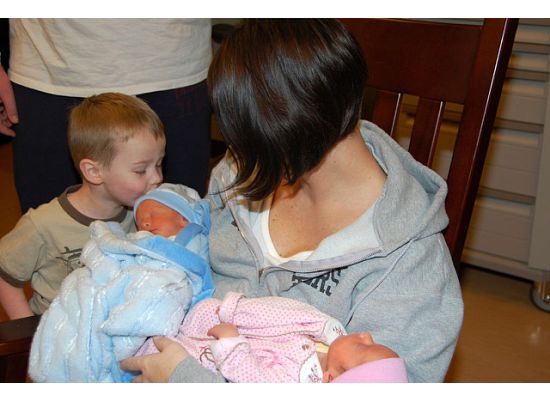1. My professional plan is to obtain my Master’s degree in Early Childhood Studies Teaching and Diversity. This is my first step in learning more about diversity in a general sense. I hope that this course helps me realize any unconscious biases and assist me in overcoming them.
2. I plan to become a developmental therapist (for a local First Steps program) for children who exhibit developmental delay from birth to age three. As a developmental therapist for First Steps, I will be providing therapy in the child’s home. It is important that I learn about working with a diverse population because the families may be culturally, linguistically, or socio-economically diverse. My goal for this course is to learn how to establish a good rapport with a diverse population of families who exhibit a variety of differences.
3. I plan to become involved with the About Special Kids (A.S.K.) support group for parents of children with special needs. I believe that this role will help me build positive rapport with the families that I work with because I will be able to point the families in the right direction for their specific needs. My goal for this course is to learn more about cultural responses to having a child with special needs.
I currently stay at home with my young children. I hope to teach them to be proud of who they are while respecting differences in others. However, my role as a developmental therapist will enable me to help children develop skills and learn at their own pace. I also hope to empower families by teaching them about the laws pertaining to special education. Hopefully this knowledge will ease the transition from early intervention to preschool. My role as a developmental therapist will give unique advantages by placing me in their home, letting me see more closely family interactions and dynamics, allowing me to see the setting in which they will be using the interventions, and allowing me to see diversity first hand.
Thank you all so much for the feedback, experiences, and knowledge that you passed on during this class. I have learned so much. I hope that by learning about diversity, I can start by realizing my own biases, teach my own children loving and accepting others, and promote acceptance of differences in others.
My diverse family...change can start with us! Loving differences and encouraging loving others!!!
BEST WISHES!!!



